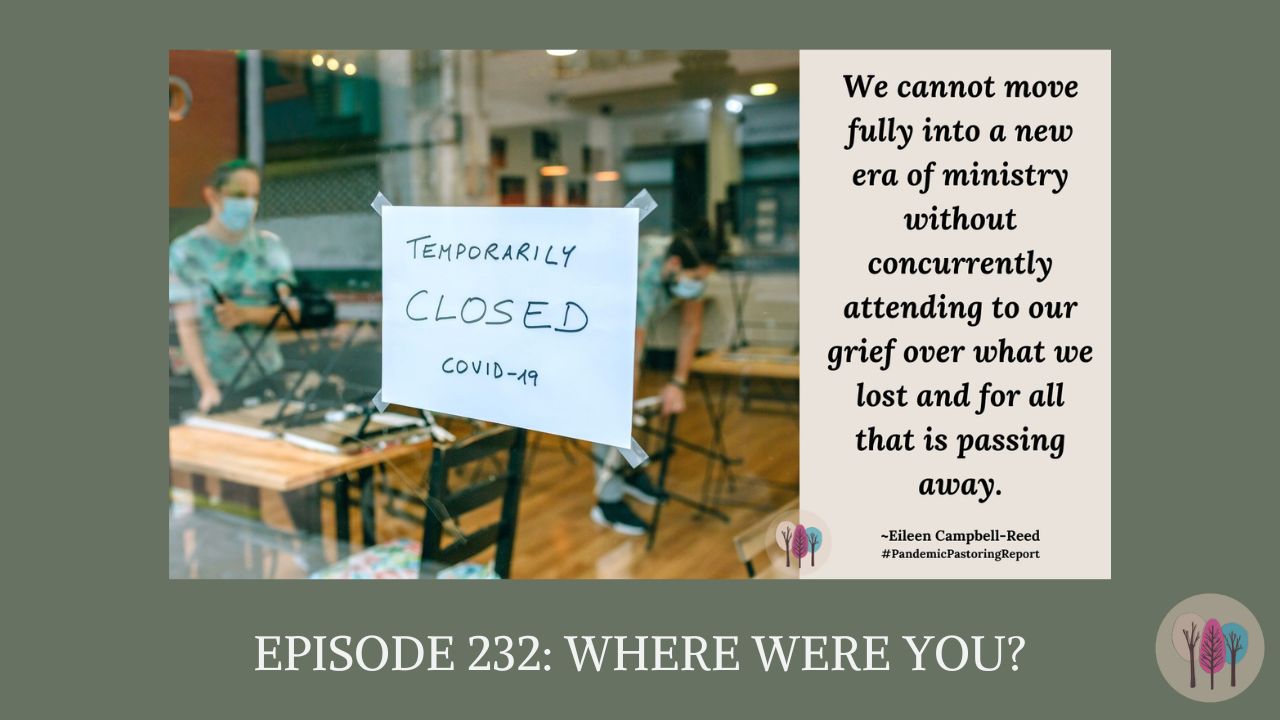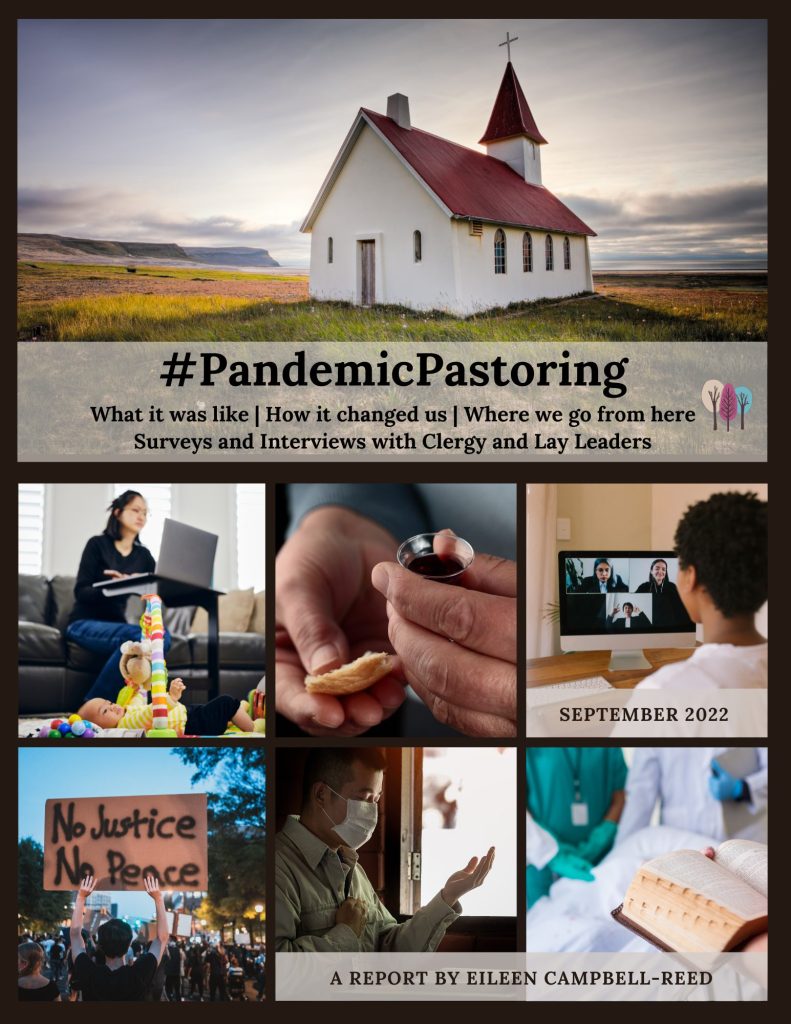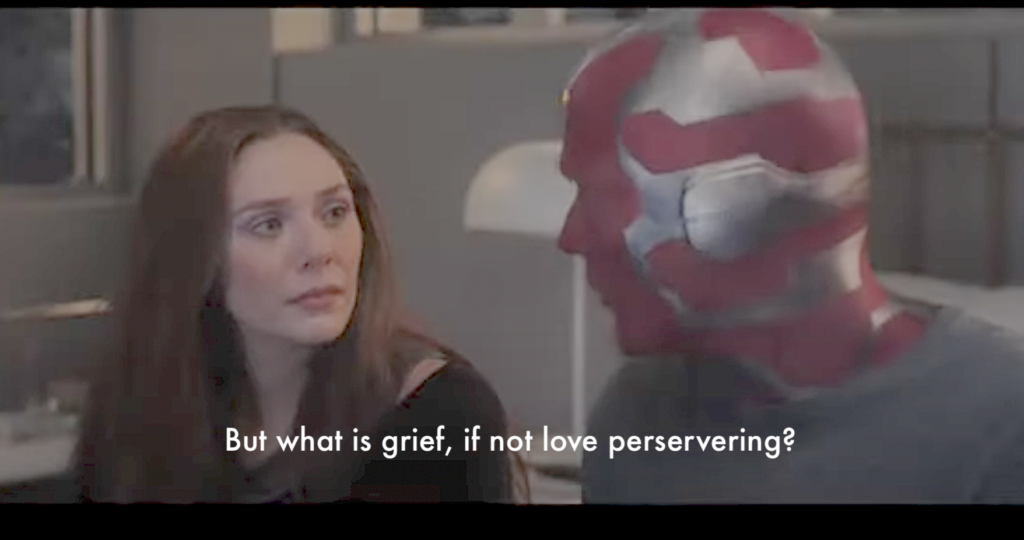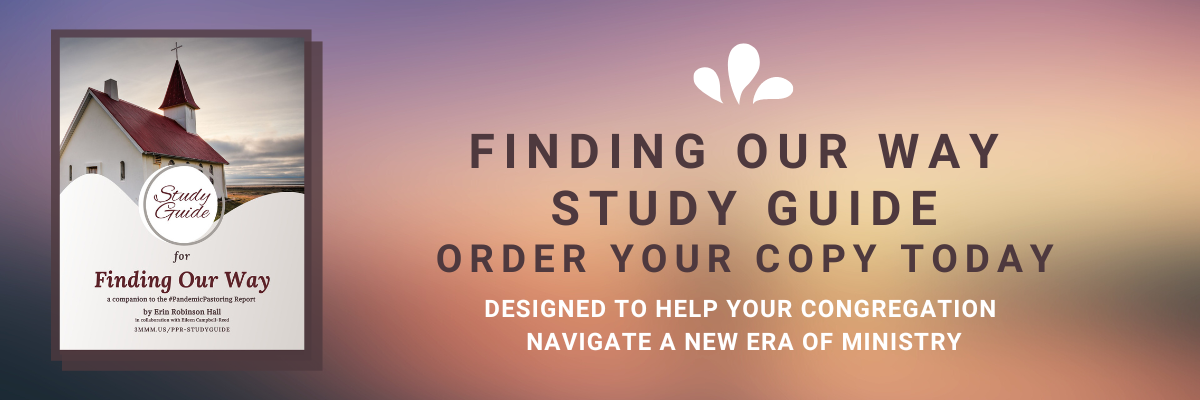Where were you on March 11, 2020, four years ago?
The start of the COVID-19 pandemic was different for everyone by a few days. March 11 was the day the coronavirus was declared a global pandemic. On March 9, I was supposed to fly to New York City, hotspot of the virus. Fortunately my Union Theological Seminary Dean, Pamela Cooper-White texted me the night before and said, “We are shutting down this week following the lead of Columbia University. Maybe you want to change your plans?”
I had felt uneasy packing that afternoon. The growing news reports were unnerving. I had just wrapped up this article (10 guidelines for pastoral care), which became my first real viral essay. (Ironies, right?)
So I got on the phone with American Airlines, and I asked for a refund for my flight. They gave me a travel credit that took more than a year to actually redeem for another flight to New York.
My husband is cautious and the best kind of Eagle Scout. So we had already been making plans from late January for a possible shut down. We had a closer view than the average American to what was happening in China because his business puts him in touch with so many people there. We did not run out of toilet paper because we bought ours a couple of months before there was a run on it. I don’t say this with pride just the reality of living with a very highly prepared person.
I was grateful to be prepared but also feeling the rampant anxiety that most of us felt.
Plans Upended
I had been planning to teach my class in person at Union that week. But there were no classes that week. And the week after that was spring break, so there was no class that week either. We spent the two weeks resetting everything. The ironies were thick for me. My Union class topic was death, dying and bereavement. The entire country was embarking on a four year journey of death and dying and grief for which we were completely unprepared.
I was also still teaching at Central Seminary and helping two cohorts of students in the Women’s Leadership Initiative through their program. One group was seeking summer field placements. The other group was set to graduate in May of 2020. They were completing capstone projects and field education placements all at the same time. To add to the chaos, there was a sudden transition in seminary leadership, which left a gap in responding to the needs of students in a pandemic.
I helped to close the gap by writing and getting approval for new policies. I wanted to protect my students as much as possible, and I needed to communicate to their field sites that no students should be required to serve in person during the lockdown. Some of them served in churches that did not believe stay-at-home measures were necessary.
Pulled Up Short
Everyone was scrambling and essentially no one knew what to do. We were all pulled up short at every turn: work, school, parenting, church, food, travel. All of life screeched to a halt at gigantic cliff and some things just kept flying right over the edge.
Having all of us home and on screens much of the day was a huge challenge in my family. It had hidden gifts of connection. And also we are still paying for the impact of the isolation.
In my city we were also trying to support the community in North Nashville, which was devastated by a tornado less just days before the lockdown. The need for clean up and rebuilding went forward, but it moved at a snail’s pace.
Changing Directions
Fortunately Dean Cooper-White, President Serene Jones, and leadership team at Union Theological Seminary were on top of their game. They thought of many eventualities and put tremendously helpful measures in place. The downside for a residential school like Union was sending all the students away from campus. That created tremendous anxiety and distress.
Some students told me they didn’t think they could finish the class on death and dying. I gave it some extended thought and responded to them in email and the next time we met on Zoom. I asked for them to tell me exactly how they were doing. And I said in so many words: This is a terrible and incomprehensible time in our lives, and one way to cope with it, if we are not under an immediate threat, is to stay present, be a witness, learn everything we can about what is happening, and think about how to respond.
At Three Minute Ministry Mentor we started adjusting and making changes to our weekly episodes right away. We turned toward pastoral care, imagining all the challenges of #PandemicPastoring. We didn’t need to imagine much. Everyone was living it, and many of you reading this now were generous in sharing your experiences.
By summer the racialized disparities of who receives healthcare, policing, employment and social services exploded into both local and national headlines. With the murders of Ahmad Arberry, Breonna Taylor, and George Floyd, the country and the world were riveted on problems that were in no way new, yet clear and focused as they had not been for decades. The wake up call was deafening.
Keep Learning
Over the next four years my research agenda changed and expanded into a new study. I wanted to know and to share what it was like for religious leaders to live through those early and middle days of a global pandemic. And I wanted pastors and chaplains to know they were not alone, but facing the same challenges.
I finished my book Pastoral Imagination, which I had begun in 2019. And I was able to fold pastoral examples and learning insights from those pandemic days into many of the chapters. I also launched a new qualitative study on the direct impact of the multiple pandemics on chaplaincy and congregational ministry. That research became the #PandemicPastoring Report.
We lost a lot in these days. Both direct losses and more ambiguous ones. We have a lot of emotional and spiritual work yet to do to recover and attend to grief and losses that have changed us indelibly.
Living in a new era of ministry
The losses since 2020 were personal of course. But also we felt corporate changes in how to be community, how lead the church, and how to deliver healthcare, hospice care, and long-term care. The #PandemicPastoring Report was one of the earliest reports from the field. It includes surveys and interviews with over 100 lay leaders and ministers.
We tend in this country to wish we could simply forget what has happened and to keep moving forward. However, grief ignored in one realm, is likely to show up in messy or unwanted forms in other places. (You know, crying at ridiculous commercials, kicking the cat, or building an invisible television-based world – thank you Wanda Vision).
Take Time for Reflection
Where were you four years ago?
I invite you today to take a few minutes of your day and look back. Acknowledge where you were and what happened in the last four years. Reflect. On the losses. The changes. The new gifts and surprising joys. See all of it. Bear witness to how your life has changed since March of 2020.
What would happen if you started a conversation like this with your congregation? Your spiritual care staff? Seminary study group? Your faculty colleagues? Your family?
We want it to be easy to start this kind of conversation. It probably feels hard. But it might turn out to be easier than you think. People in your community could be waiting for a moment to tell their story. Name their loss. Be seen and heard.
Get Your Copy of Finding Our Way Now

Erin Robinson Hall and I created this study guide to help you reflect. To support you in leading conversations about how things changed in the last four years. And to help you and your community consider the possible ways forward. The world has changed and we are living in a new era of ministry.
Bless you as you do the work of remaking your ways of life and finding your way with your community. May the Spirit guide you and support you in each step.







